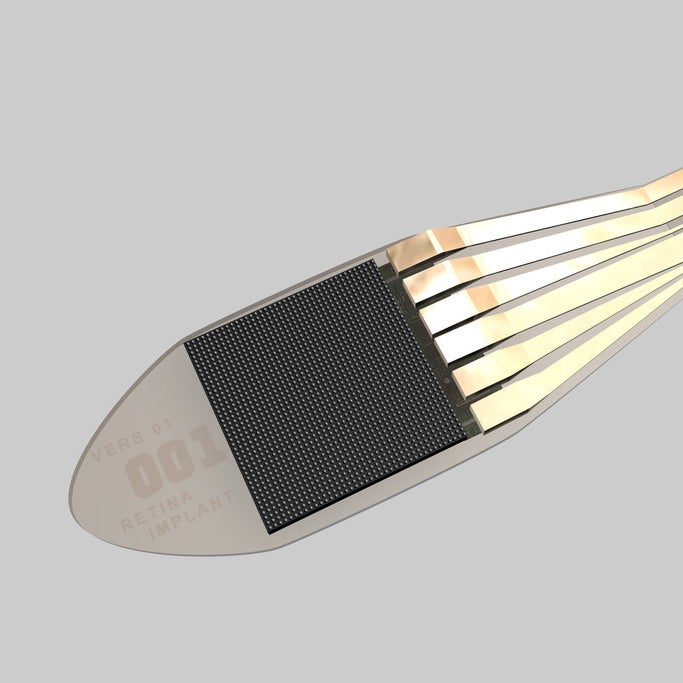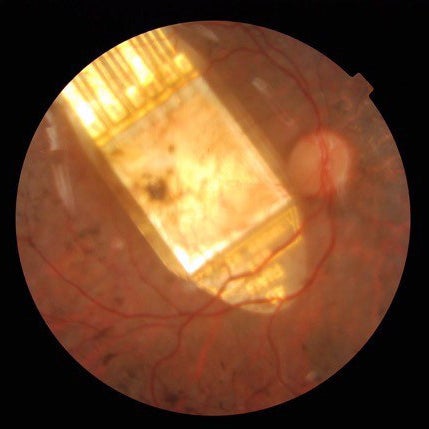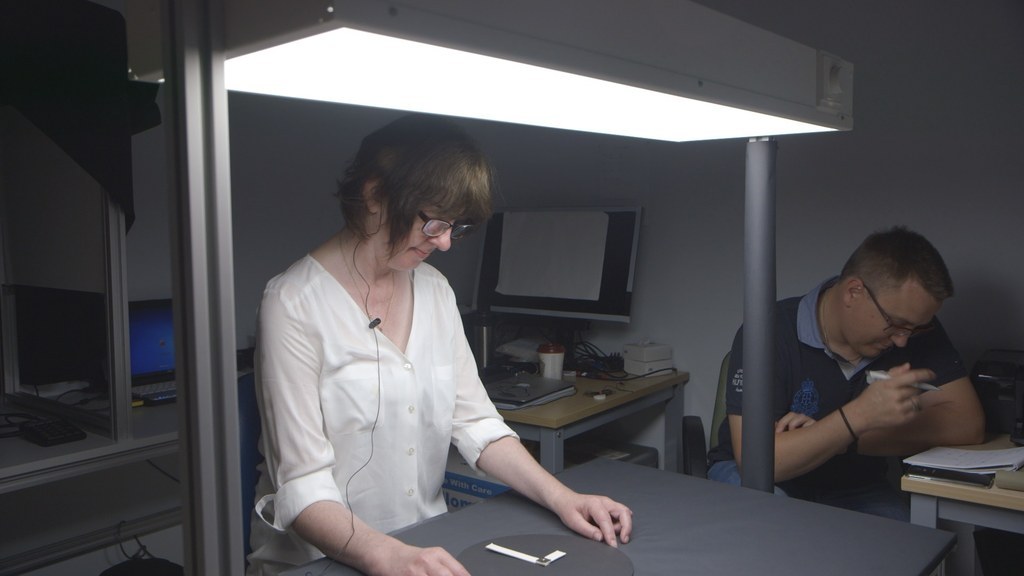A blind British woman has spoken of her joy at having her sight partially restored after being fitted with a bionic eye.

Rhian Lewis had a tiny 3x3mm electronic chip implanted at the back of her right eye's retina in order to help her see, the Press Association reported. She is the first patient outside Germany to be fitted with such a device.
The procedure, which can take up to eight hours, was conducted in June by surgeons at Oxford's John Radcliffe Hospital.
The surgery was part of an ongoing trial that could help thousands of people suffering from sight loss.
Lewis, 49, has suffered from retinitis pigmentosa – an inherited condition that causes gradual deterioration of the light-detecting cells in the retina and can eventually lead to blindness – since she was 5 years old.
Around 16 years ago she lost most of the vision in her left eye, and became completely blind in her right eye.
Her condition affects 1 in 3–4,000 people in the UK, and scientists have not yet found a cure.


The implant placed in Lewis's eye was made by German firm Retina Implant AG. It works by replacing the light-sensitive retinal cells in the eye. The device is connected to a tiny computer kept underneath the skin behind the ear that looks similar to a hearing aid.
A magnetic coil is applied to the skin to switch the device on, allowing signals to travel to the optic nerve and brain.
Since Lewis's optic nerve and the brain wiring needed for vision were still intact, once the device was turned on, her brain just needed time to adjust to the signals it was receiving.

"It was a bit nerve-wracking," Lewis, who lives in Cardiff, told the BBC. "I didn't know what to expect.
"They sort of put the magnet to the little receiver there on my head and switched the receiver on.
"They said I might not get any sensation… and then all of a sudden within seconds there was like this flashing in my eye, which has seen nothing for over 16 years, so it was like, 'Oh my God, wow!'"
She added: "It was just amazing to feel that something was happening in that eye, that there was some sort of signal."
If the trial continues to be successful, it's possible the implant could be made available on the NHS, the BBC reported.
The surgical team also hope that one day the technology could be applied to other eye diseases.
